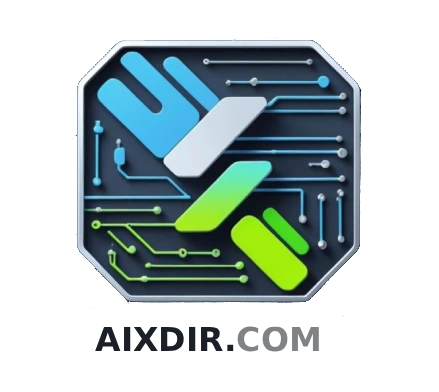Tool Information
AI Judge is a tool crafted to complement traditional legal channels by offering an alternative, efficient approach to resolve disputes. This AI-powered platform operates by following a structured process. The first step involves case submission, where all involved parties have the opportunity to share their versions of the dispute and their respective arguments. The platform facilitates a fair process where each side can equally state their cases. After the submissions, AI Judge conducts an analysis based on the provided arguments. The AI then generates a verdict which is displayed on the platform. This verdict provides a succinct summary of the Artificial Intelligence's decision and serves as an additional perspective in the dispute resolution process. A key feature of the AI Judge is its commitment to impartiality. By applying AI algorithms, this tool evaluates each case objectively, taking various factors into consideration such as the coherence of the arguments provided, the validity of the evidence, and the consistency of the legal reasoning. The AI system does not favor one side over the other which results in a neutral and unbiased evaluation of the dispute. AI Judge thus provides a unique service to those seeking dispute resolution, offering a technological complement to traditional legal processes.
F.A.Q
AI Judge is an AI-powered platform that facilitates dispute resolution by generating online verdicts. It analyzes the arguments presented by disputing parties and delivers a fair outcome. However, its verdicts aren't legally binding, but serve as an added perspective for parties in their dispute resolution journey.
AI Judge operates in a structured way. It begins with a case submission process where both parties present their points of view. It then analyzes the arguments, evidence, and legal principles put forth, considering things like the coherence of arguments, strength of evidence, and consistency of legal reasoning. Based on this analysis, it generates a verdict.
There are two main steps involved in using AI Judge; case submission and verdict generation. In the case submission phase, parties present their dispute in respective boxes on the platform. In the verdict generation phase, after the arguments have been analyzed by the AI system, it generates and displays a verdict on the platform.
AI Judge considers several factors when analyzing a case. These include the coherence of the arguments made by each party, the strength of the evidence presented, and the consistency of the legal reasoning used.
AI Judge ensures neutrality and impartiality by considering each case objectively and by not favoring one party over another. It uses AI algorithms to perform a neutral and unbiased evaluation of the disputes.
No, AI Judge does not replace traditional legal institutions or professionals. It is designed to be a helpful complement to traditional legal channels, providing an alternative approach to resolving disputes.
The role of human legal experts in AI Judge is to review the AI-generated verdict for added scrutiny. This enhances the credibility and usefulness of the platform's verdicts.
AI Judge handles evidence as part of its analysis process. It takes into account the strength and validity of the evidence presented during the process, considering it alongside the arguments and legal principles given by each side.
AI Judge's verdicts provide an additional, objective perspective in the dispute resolution process. While they aren't legally binding, they can inform and assist the disputing parties in understanding various viewpoints on the dispute.
No, AI Judge cannot be biased. It applies AI algorithms to evaluate each case objectively, ensuring a neutral and unbiased evaluation of the dispute.
AI Judge takes into account the consistency of the legal reasoning used by each party during a case analysis. The specific legal principles that are considered depend on the submissions of the contending parties.
No, AI Judge's verdicts are not legally binding. They are intended to provide an objective perspective on disputes, but do not have the official legal force to determine the outcomes of those disputes.
AI Judge is different from traditional legal services in that it offers an alternative, automated approach to resolving disputes. Rather than taking a case to court or conducting face-to-face negotiations, users submit their cases to the platform and receive a swift, objective analysis and verdict.
Pros and Cons
Pros
- Generates online verdicts
- Analyzes arguments
- Neutral and unbiased evaluation
- Fair process for both parties
- Considers evidence and legal principles
- Option for professional review
- Complements traditional legal channels
- Efficient dispute resolution
- Structured process
- Clear and concise verdicts
- Impartial decision-making
- Objective case evaluations
- Equal opportunity for both sides
- Consideration of argument coherence
- Evaluation of legal reasoning consistency
- Convenient alternative to courts
- Not favoring one party
- Unbiased dispute evaluation
- No legally binding verdicts
- Helpful in dispute resolution
- Commitment to impartiality
- Interactive case submission process
- Displays verdict on platform
- Clear summary of decision
Cons
- Verdicts not legally binding
- Requires manual data entry
- Dependent on user-reported data
- Does not replace legal professionals
- Verdict scrutiny incurs cost
- No multilingual support
- Dependent on data quality
Reviews
You must be logged in to submit a review.
No reviews yet. Be the first to review!

